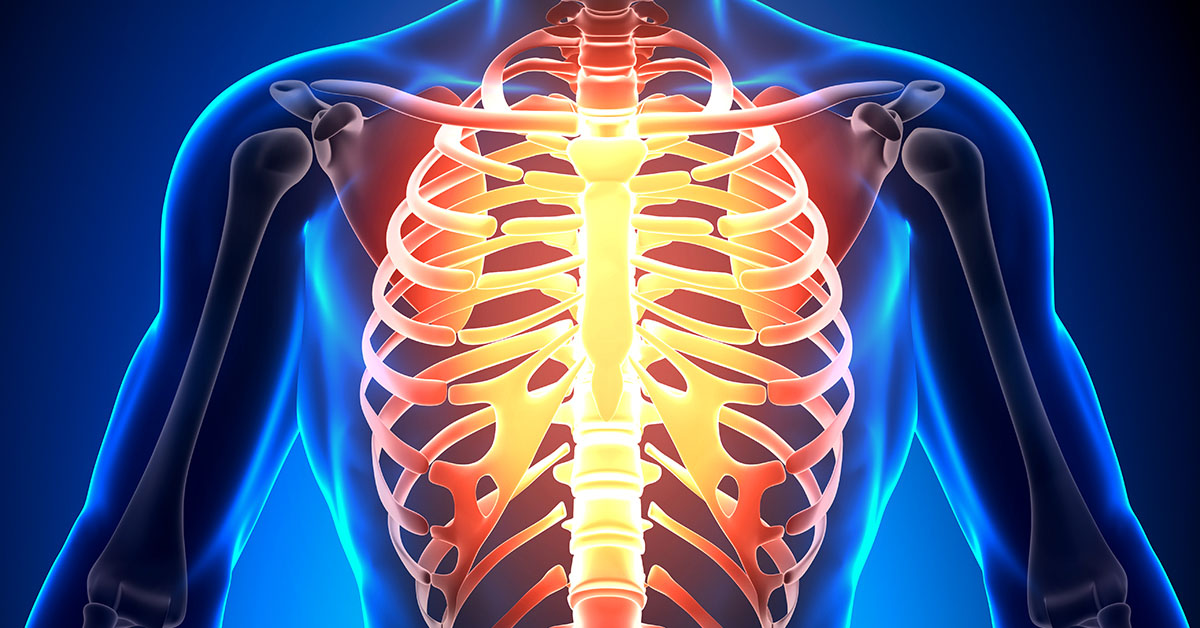
What is GERD?
When the contents of your stomach, including stomach acid, travel up into your esophagus, you have acid reflux, acid regurgitation, or gastroesophageal reflux. Gastroesophageal Reflux Disease (GERD) refers to when you have acid reflux more than twice per week. Approximately twenty percent, or about sixty-million people in the United States are affected by GERD.
Causes of GERD
During normal swallowing, a muscle at the bottom of your esophagus relaxes and opens, allowing the swallowed food to enter your stomach. After the food has passed into your stomach, the muscle, known as the lower esophageal sphincter, contracts and closes to prevent stomach contents from flowing up into your throat.
GERD is caused by recurring episodes of acid reflux. Acid reflux generally occurs due to the lower esophageal sphincter muscle relaxing and opening when it shouldn't due to an abnormality or weakness. If stomach acid continues to backflow into the esophagus, it can irritate and inflame the lining of the esophagus.
GERD is more likely to develop in people with the following conditions:
- Pregnancy
- Scleroderma or other connective tissue disorders
- Obesity
- Delayed stomach emptying
Some people's acid reflux can be triggered or aggravated by certain actions, some of which include:
- Eating large meals
- Eating specific foods or drinks (fried or fatty foods, alcohol, coffee, soda)
- Using specific medications (aspirin)
- Smoking
Symptoms and Diagnosis of GERD
Symptoms of GERD and acid reflux can include the following:
- Chest pain or heartburn occurring usually after eating or at night
- Feeling of food or liquid being regurgitated
- Swallowing difficulty
- Laryngitis
- Chronic or recurring cough
- Asthma
- Difficulty sleeping through the night
If GERD or recurring acid reflux is left untreated, the following complications can develop:
- Esophageal ulcer, which is an open sore in the esophagus
- Scar tissue forming in the esophagus which can ultimately narrow the esophagus, leading to swallowing issues
- Increased risk of esophageal cancer
Diagnosis of GERD will typically involve a physical examination and analysis of the history of your symptoms. The physical examination may consist of your ENT specialist performing an endoscopy by inserting a small camera down your throat to observe and examine your esophagus, lower esophageal sphincter muscle, and stomach.
Treatments for GERD
Initial treatment for GERD may involve changes to your diet, lifestyle, and over-the-counter medications. If these treatment options do not sufficiently address your GERD and acid reflux, your ENT specialist may recommend prescription medications. If the prescribed medications are unsuccessful or you wish to avoid long-term use, surgery options are available.



